
I’ve done a lot of things in the last decade, and looking back, they all prepared me to be the doula I am today.
Yesterday my alma mater, Monmouth College, celebrated its founding with their annual “Scholars Day”. A day to celebrate the history of excellence and the commitment to education and achievement.” The day is welcomed with song – a tradition remembered fondly by many alumni.
This video stirred the reminiscent nostalgia in me and caused for some person reflection. A small liberal arts college in a rural town off the highway in western Illinois, this school was my “home” for four years. It’s where I met some of my dearest friends, where I fell in love with my husband and was where I became who I am. And while there is no way I could have realized it at the time, Monmouth was the beginning of a path that made me the doula I am today.
1. Monmouth College taught me tolerance.
I was a religious studies major. The college was Presbyterian by tradition and the chaplain was an amazing woman (and now dear friend) ordained as a minister in the Disciples of Christ Church. I was raised Catholic and, just a year after 9/11, the first class I walked into on that campus was a course called “Judaism and Islam.” There was so much hate and fear in the world, but that course, and the rest of the religious studies curriculum taught us to engage in open dialogue and non-judgmental discourse.
I would spend the next four years learning about and experiencing other faith traditions. The education I received was built on the ideas of tolerance, respect, and understanding.
Today I walk into a birth with the same mindset. I walk in realizing the my experience and story has nothing to do with the woman giving birth. As a birth doula, I cannot use my own cannon as a standard, but rather meet a laboring mother where she is, learn her experiences, and support her in her own story. It’s this foundation of openness and empathy that helps me see the birth experience through the mother’s experience, and help her welcome her baby in her own way.
2. Monmouth College taught me fundamentals.
I was a music major. Sure, I may have started college with dreams of grandeur – becoming a world-renown opera singer. But this was actually the beginning of a much different path, one that I never could have planned. And the tools that I would learn – appreciation for other styles of music, the ability to analyze the technical elements of music, would come back to serve me as a music therapist and ultimately in music therapy assisted births. I am now able to appreciate the musical preferences of moms and uniquely use their music to support them in all stages of labor.
Understanding the technical elements of music, the emotional pull of certain chord progressions, the way different instruments resonate in parts of your body, really matters when a mom is working so hard to bring her baby into the world.
3. Monmouth College showed me a larger world.
I had the opportunity to push myself out of my “normal” environment and embrace other cultures through travel. I am incredibly grateful that I had the ability to study abroad – to see the world through the eyes of different cultures and different experiences. We all make choices and live our lives in our own ways. To appreciate the beauty in each culture and celebrate the differences.
I grew up in a fairly culturally diverse suburb of Chicago, but I didn’t truly understand the diversity of ideas and lifestyles that the world offered until I went out and experienced it. Culture is more than just the clothes you wear or the food you eat. It’s the way you see the world, the way you define the world around you. I strive to be open to the ways in which other cultures see the world, especially when it comes to birth and parenting. My cultural understanding of birth may not be your worldview and that’s ok! I learn to not deny my personal experience, but also to not become so rigid in my view that I deny your experience. Unbiased, nonjudgemental support is paramount in YOUR birth experience.
4. Monmouth College taught me to Guide, and Be Guided.
I was able to be a part of a ton of extracurriculars … sometimes I think too many. I sang in the choir, served as a student chaplain, worked at the ice cream shop, and was a resident assistant, among others. This isn’t a brag – it’s a reflection on the diversity of situations from which I was able to learn. In some instances I was a leader, in others I was a member of the team. At times I needed to learn, others I was able to teach. I learned that there is a place for action and a place for silent support.
I’ve been the overzealous upstart and enthusiastic activist. I’ve been the wet-behind-the-ears newbie looking for leadership. I’ve been intimidated by those with success, but I’ve also been the leader on the front line. I have worked with a variety of people with a variety of backgrounds, socioeconomic status, and views – what I have found is that on this journey, we are all the same. We are just people, doing our best.
In my journey, I’ve found my place. Here as a doula. Here beside you. Where the I hold your hand and empower you to advocate for yourself. Here where I play the music you love to match your body’s rhythm. Where I gently guide your spouse to be the person you lean on. Where I inspire the power you possess, where I cradle someone powerful as they rest in the pause of the hard work.
It is here where I stand firm on my educational foundation, where I accept you as you are, where you are. Where I support the decisions you make for yourself. Where I honor the life you birth, and the mother who is then born with your baby.
Our lives are a journey … a winding road. I eventually would go on to perform with a small opera company, work with teenagers, offer music therapy in the hospice setting, and eventually find my calling as a doula. Ten years ago, I never would have guessed that this is the work I would be doing. But I love looking back on the journey and seeing how each experience made me who I am today. I am so honored that I am able to provide unconditional, affirming support to mothers in labor.
My path has shaped me to support the women I meet in their unique journeys as mothers.
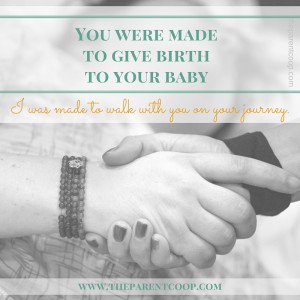
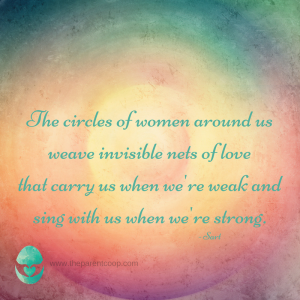
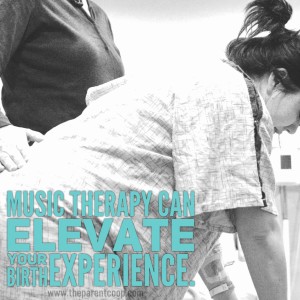
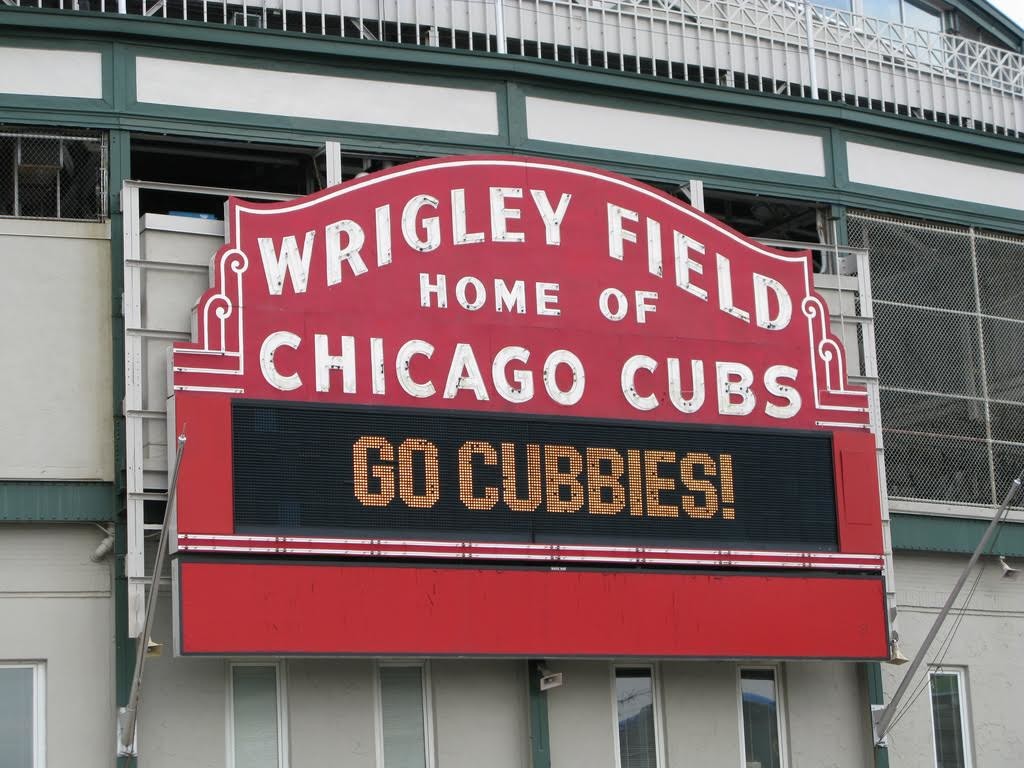

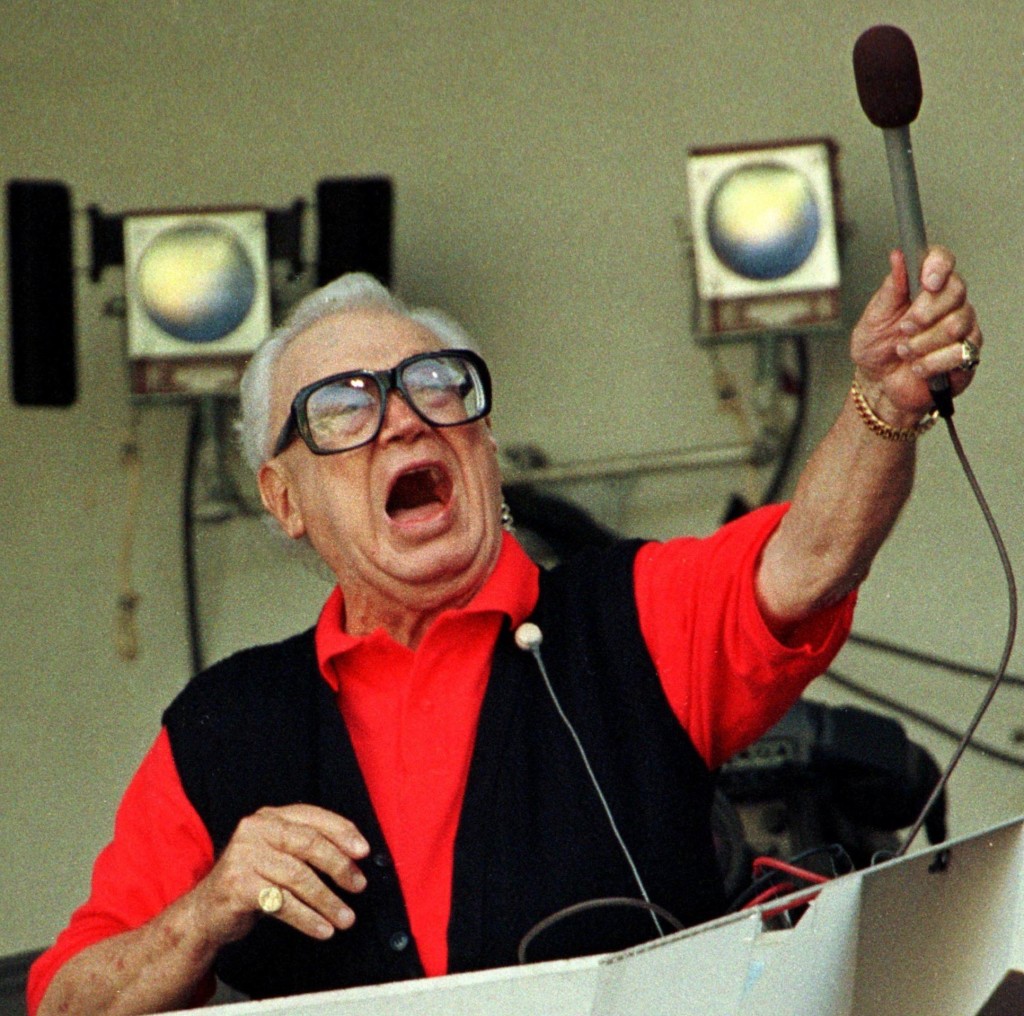
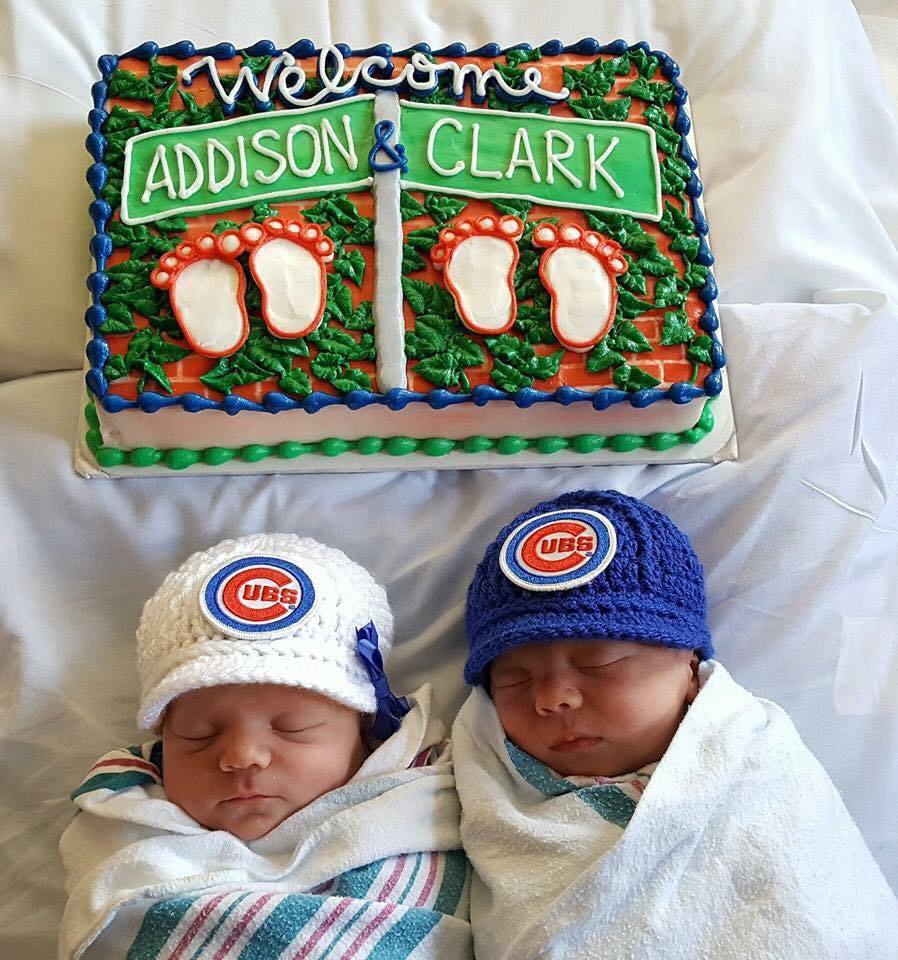

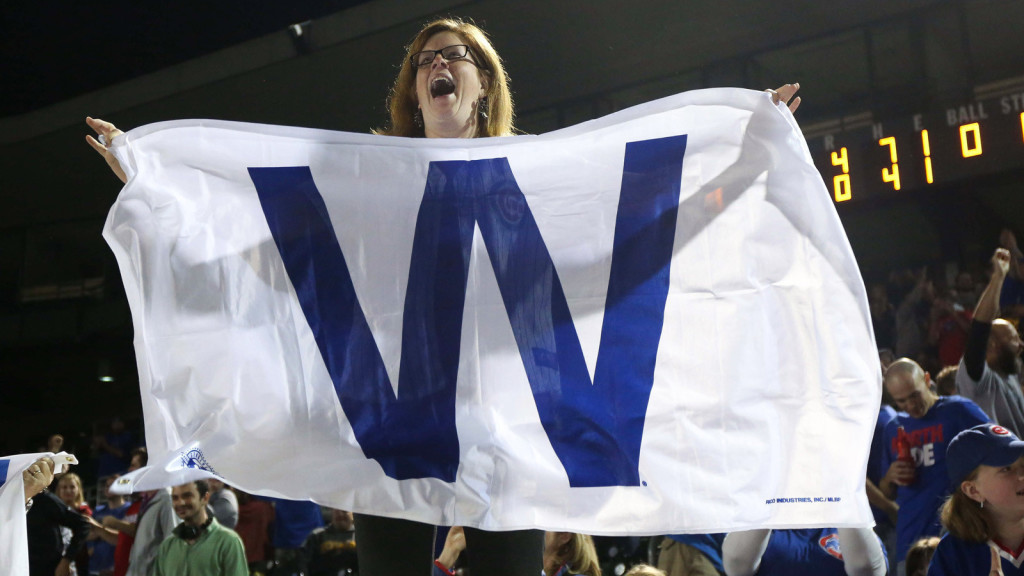

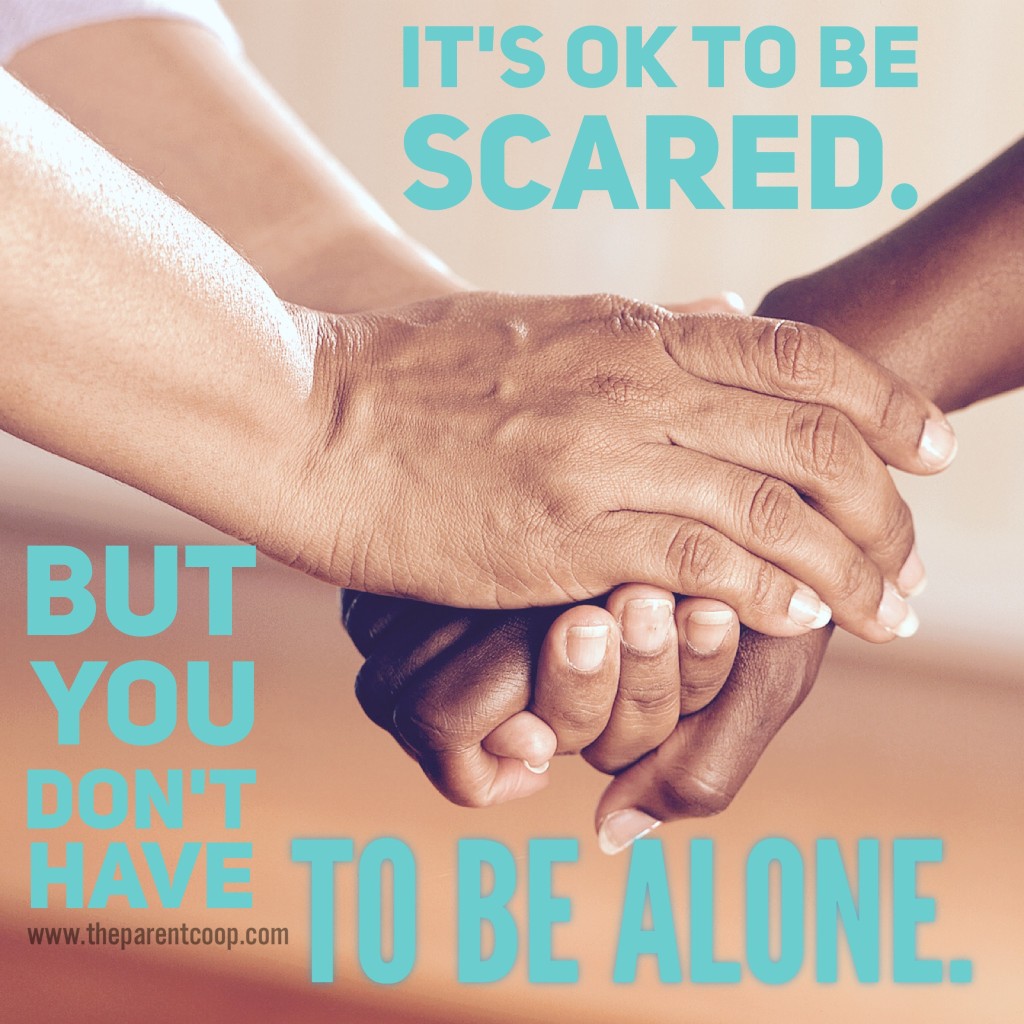



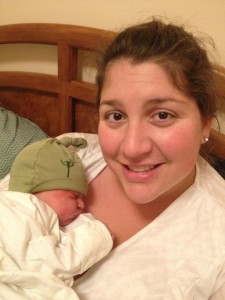
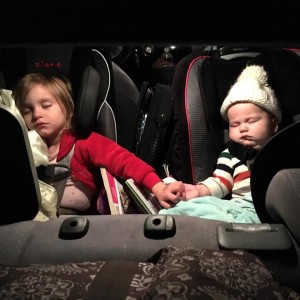

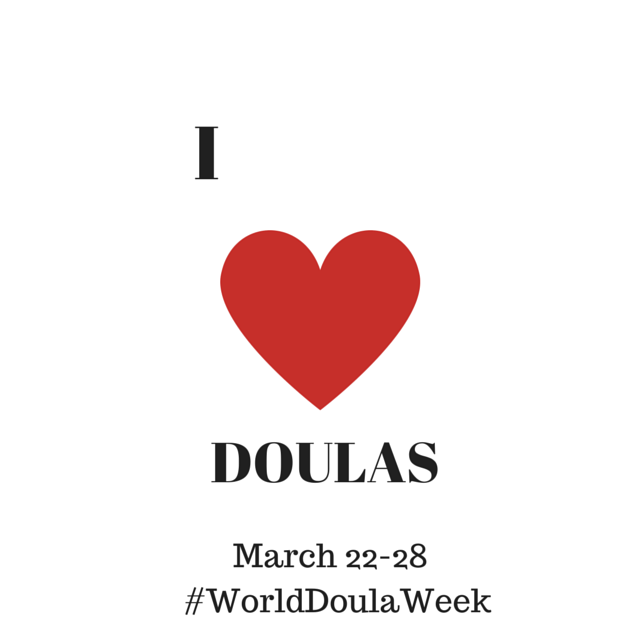
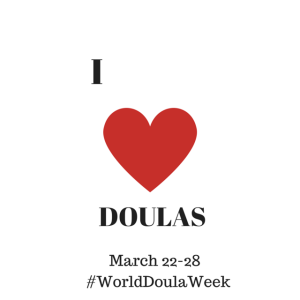
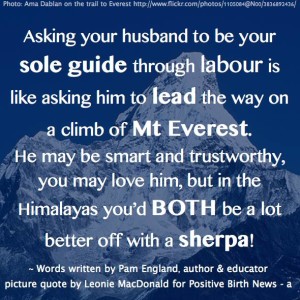 needed to move out of the bathroom and onto the bed. I had people telling me where to go and what to do, and quite honestly I was exhausted and overwhelmed. Kate leaned in close to me and whispered, “I know everyone is telling you what to do, I know it’s a lot to take. But you can do this. You can birth your baby.” It was the perfect thing to say. Exactly what I needed to hear. The encouragement and empowerment that I carry with me now two and half years after that birth. I did do it. I birthed my baby. My body is amazing. How many women walking around today think to themselves, “My body is amazing”? What a fantastic gift I have been given!
needed to move out of the bathroom and onto the bed. I had people telling me where to go and what to do, and quite honestly I was exhausted and overwhelmed. Kate leaned in close to me and whispered, “I know everyone is telling you what to do, I know it’s a lot to take. But you can do this. You can birth your baby.” It was the perfect thing to say. Exactly what I needed to hear. The encouragement and empowerment that I carry with me now two and half years after that birth. I did do it. I birthed my baby. My body is amazing. How many women walking around today think to themselves, “My body is amazing”? What a fantastic gift I have been given!